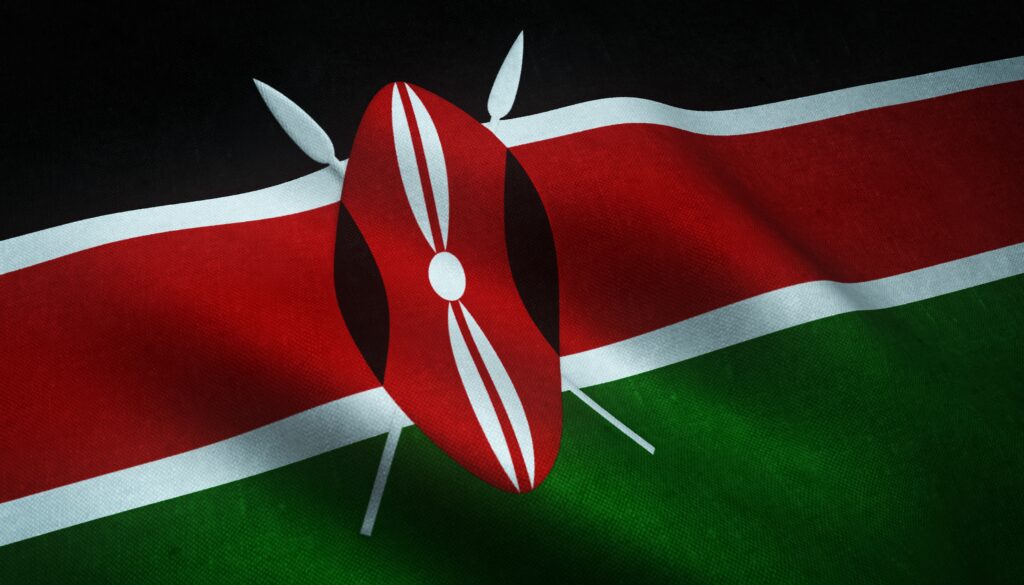At the 22nd National Prayer Breakfast in Nairobi, American preacher and former NFL player Rickey Bolden delivered words that brought the room to a hush and, momentarily, a nation to reflection.
Bolden’s sermon focused largely on the Gen Z in the wake of their protests last year. It spoke to the moral and generational reckoning that Kenya can no longer ignore. But the sermon which was delivered with energy and clarity, was, more than anything, a wider call for national reconciliation and rebuilding of our great nation.
Whether one agrees with Bolden or not, his remarks should prompt national introspection, not about him, but about us. At the fundamental level, the sermon confronted the generational fracture that has come to define the current Kenyan experience. It echoed what so many have felt for years but few in leadership have said aloud: that the country’s youth are not merely the future, they are the now. And that a nation cannot heal if it refuses to listen.
Of course, it is easy to reduce Bolden’s sermon to a mere rebuke of the President and the entire Executive branch of government, and that it was, but what the former American athlete delivered on Wednesday, was a deeper message that invites all of us to summon our patriotic spirit and dispassionately evaluate the real state of our nation. Just how inclusive are our schools, our churches, our work places? Do the young people really feel they have a stake and a say?
If we are serious about reconciliation and opening a new chapter, we must acknowledge that the anger of the youth has not erupted in a vacuum. It is the product of years of exclusion, systemic inequality, and eroded trust in key institutions. Young people see corruption go unpunished while they are told to tighten their belts. They watch elites trade places across coalitions while their cries for reform go unanswered. They hear sermons on morality while watching the clergy remain silent in the face of injustices, or swindle hard-earned cash from poor Kenyans. They are encouraged to innovate, even as well-connected elites profit from public contracts without transparency. This cannot be allowed to continue. Rebuilding trust will require not just government reform, but a renewal of integrity across all institutions that shape our moral and civic life.
This message should be a wake-up call for all of us. The worst thing we can do with such a timely voice, is to be defensive and dismissive. We must make tangible steps to start tackling Kenya’s perennial problems systematically, justly, and with resolve. This will require a renewed dedication to job creation, a more equitable tax system, greater transparency in public spending; and reforms that close the gap between privileged elite and millions of Kenyans struggling to make a living.
The youth, who have forced this national moment upon us, must not relent. But they must change tack and remain civil. The same social media platforms that powered the Gen Z protests and galvanised a nation around a shared cause must not become echo chambers that isolate, offend, and repel. If the struggle for a better Kenya is defined by ridicule and tearing others down, it risks alienating the very society it seeks to transform. Change must be disruptive, yes, but it must not be destructive. Our young people cannot afford to lose moral high ground to the same system they are critiquing.
Finally, the political class should give us a break. The next General Election is a whole two years away, yet the noise from political platforms is already at fever pitch. We are a fractured nation, and the longer politicians escalate tensions with endless campaigns and divisive rhetoric, the greater the danger we face. What Kenya needs now is not the ongoing din, but focused and purposeful leadership. Leaders must lower the political temperature, focus on service delivery, and provide space for the country to breathe, reflect, and rebuild. Think Green, Act Green!




1 Comment. Leave new
Very well spoken my brother. The message brother Bolden spoke was not to incite but to encourage and invoke a national conversation with the current government and the future government, GenZ.